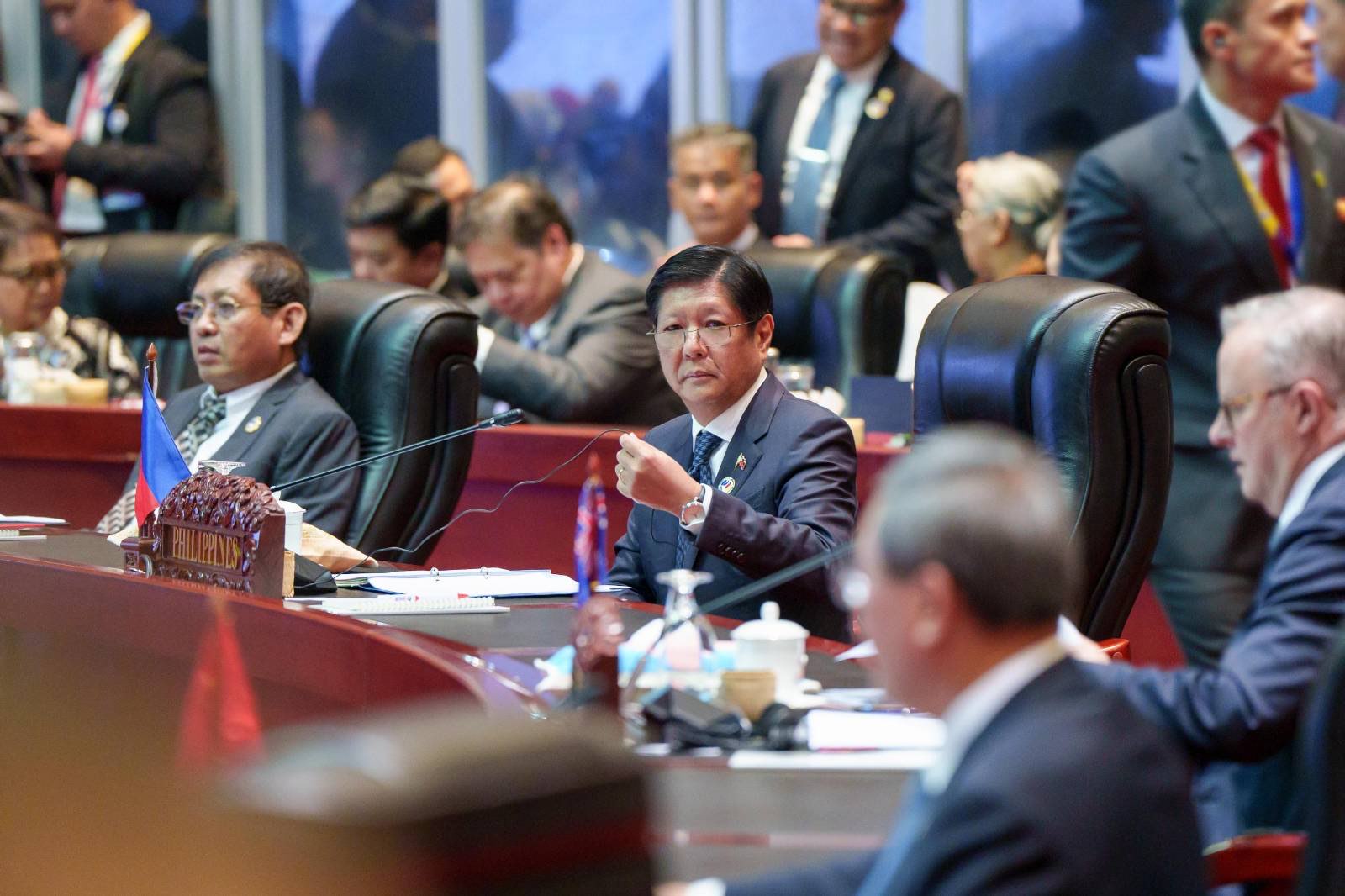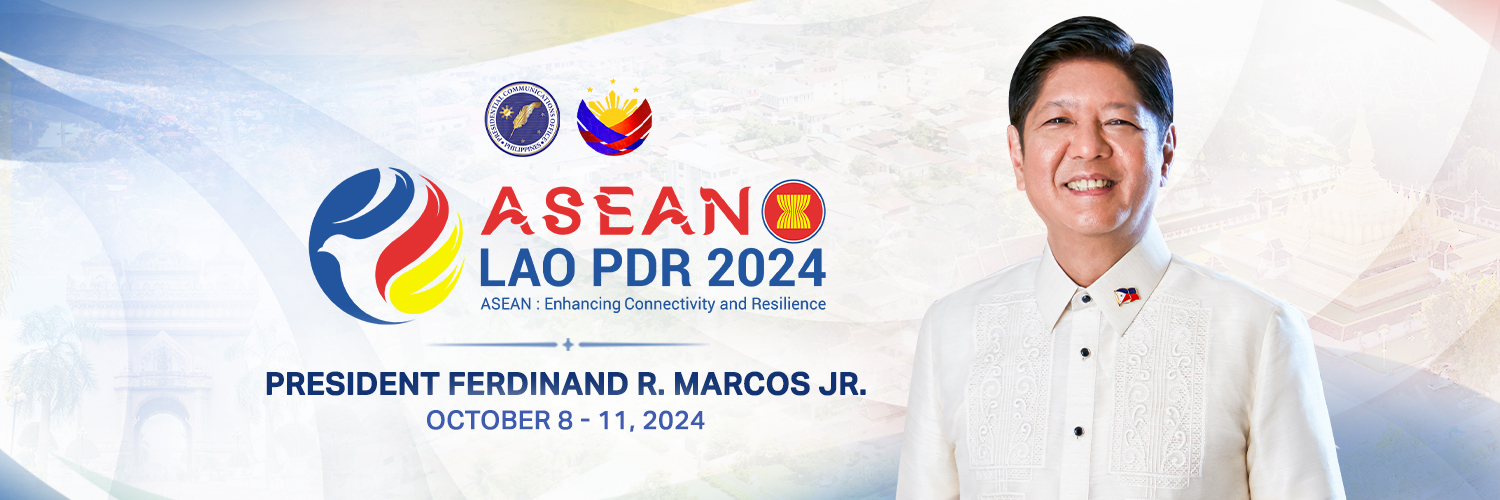
President Ferdinand R. Marcos Jr. on Friday reiterated the need to address the South China Sea issue to manage differences and reduce tensions following the recent incidents between China and the Philippines.
In his intervention at the 19th East Asia Summit (EAS) in Vientiane, Laos, President Marcos said the South China issue remains a strategic challenge for the concerned parties that is difficult to address.
“Parties have to be conscientious and earnest concerning this most consequential issue. We must all remain open so as to seriously manage differences and reduce tensions,” the President said in his EAS intervention.
“Though positive developments have occurred recently in my country, it is regrettable that it has not changed the overall situation in the South China Sea, tensions remain,” he added.
President Marcos cited the August harassment of Philippine vessels by Chinese maritime assets. Chinese vessels harassed the Philippine Coast Guard while on routine maritime patrol in Escoda Shoal which is within the exclusive economic zone (EEZ) of the Philippines.
More recently, the President said PLA Navy missile ships intimidated Philippine civilian fishing vessels and aircraft, showing China’s continued disregard for international law and standards, particularly UNCLOS and the 1972 Convention on the International Regulations for Preventing Collisions at Sea (COLREGS).
“These kinds of behavior cannot be ignored, and demand of us concerted and serious efforts to truly manage our disputes in the South China Sea,” the President stressed.
The President also asked the need to hasten the process of negotiations for the conclusion of a binding ASEAN-China Code of Conduct (COC) to lessen the risks of miscalculation and escalation in the vital waterway.
At the same time, President Marcos suggested the inclusion in EAS initiatives the South China Sea-related issues such as creating greater maritime domain awareness, more projects on marine environmental protection, safety of navigation and communication at sea, and clear rules of engagement for vessels plying the South China Sea.
The chief executive also highlighted the importance of multilateralism, which he said, can only thrive on the basis of a rules-based international order anchored on the purposes and principles of the UN Charter and international law.
Sovereignty, territorial integrity, and political independence of all states, and peaceful settlement of disputes, could only be achieved through the preservation of this order, providing the greatest assurance of peace for the current and future generations.
The EAS comprises eighteen participating countries, including 10 ASEAN Member States, namely Brunei Darussalam, Cambodia, Indonesia, Lao PDR, Malaysia, Myanmar, Philippines, Singapore, Thailand, Viet Nam, and Australia, China, India, Japan, New Zealand, the Republic of Korea, the Russian Federation, and the United States of America. |PND

